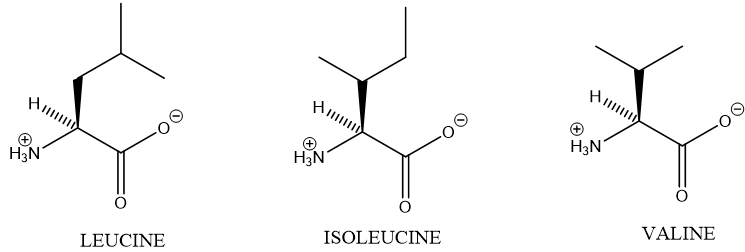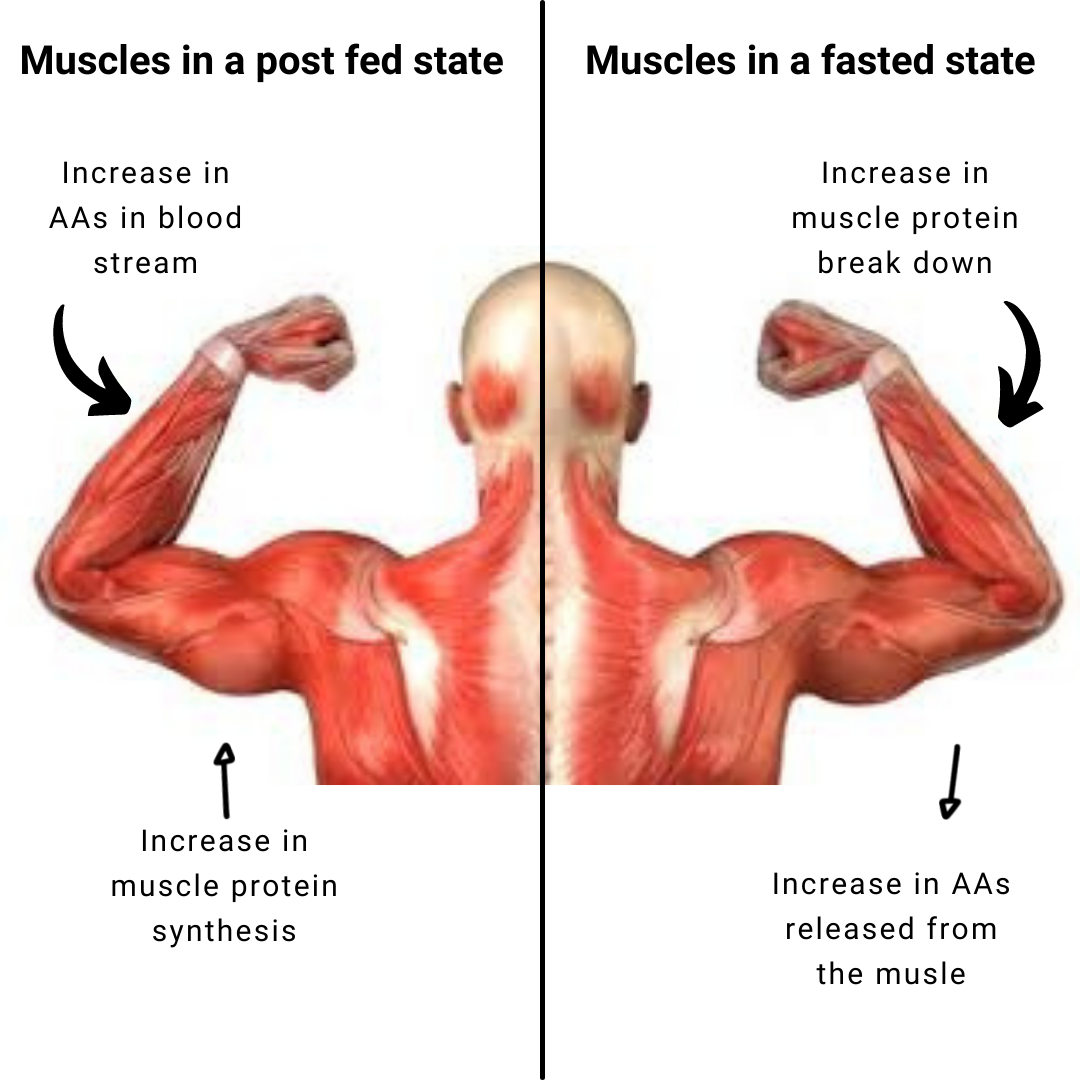During quarantine, it seemed like everyone I knew was trying to get into fitness and attempting to live a healthy lifestyle. People started listening to health influencers and local gym bros talk about numbers to watch, reps to do, and foods to eat. In doing so, they most likely heard someone promoting BCAAs. So, what are these 4 little letters and why are people taking them?
What are BCAAs?

BCAAs, or branched carbon amino acids, include the amino acids: leucine, isoleucine and valine. But before I discuss these specifically, let’s take a minute to talk about amino acids in general. Amino acids are the building blocks of proteins and protein composes 80% of muscle. Humans naturally produce 10 of the 20 amino acids. The other 10, known as essential amino acids, must be consumed by food in your day-to-day diet to avoid musculoskeletal deterioration. The three branched carbon amino acids comprise 35% the muscle protein in your body. BCAAs are special because they help the body maintain glycogen. Glycogen stores are important for exercise because they provide fuel for muscles (skeletal) and prevent, to an extent, protein breakdown. So, think of the time when you are at the gym or on a run and you are pushing through a hard run or set. Without glycogen stores, your muscles would not be able to pull through that final rep or get through that final mile. Therefore, for those who are looking to get fit and build muscle, amino acids should theoretically be your best friend…
BCAA supplements and athletic performance
You can find BCAAs as stand-alone supplements or in protein powders at any nutrition shop. While I have not performed scientific research on these supplements, I can speak to what you should know about them biochemically.
Each come with their special blend and probably a few flavors, but the ratio of BCAAs in the blend is the most important if you are looking to supplement your training. Leucine is the most important to protein metabolism as it initiates synthesis by telling the body that there are available amino acids in the system. This is why most supplements will have a composition of 2:1:1 of leucine, isoleucine and valine respectively.
Given the chemical responsibilities of BCAAs in protein metabolism, it makes perfect sense that intaking them in the form of supplements should help boost your athletic performance. Because BCAAs help maintain glycogen storage they can help maintain your capacity to exert energy during your workout. However, they can also improve post workout recovery. At the end of a workout, you may have depleted all your available glycogen storages and your body will start to look for other sources of energy. Muscle protein is the next available target for fuel because it can be easily broken down for energy. This decreases muscle growth and slows down improvement to strength and overall fitness. When taken as a supplement, BCAAs give alternative fuel for your body and provide your body with building blocks to synthesize new muscle tissue.

Because the FDA does not test or approve performance supplements before they hit the shelves, we cannot be completely sure they will provide the BCAAs that your body utilizes during your workouts. However, I can say that BCAAs are chemical molecules that ensure the retention of energy stores in your body. So whether or not, you want to take BCAA supplement or just increase your protein intake, I suggest you fuel up before and after your next trip to the gym.
-Makayla Callender c/o ’22

Recent Comments